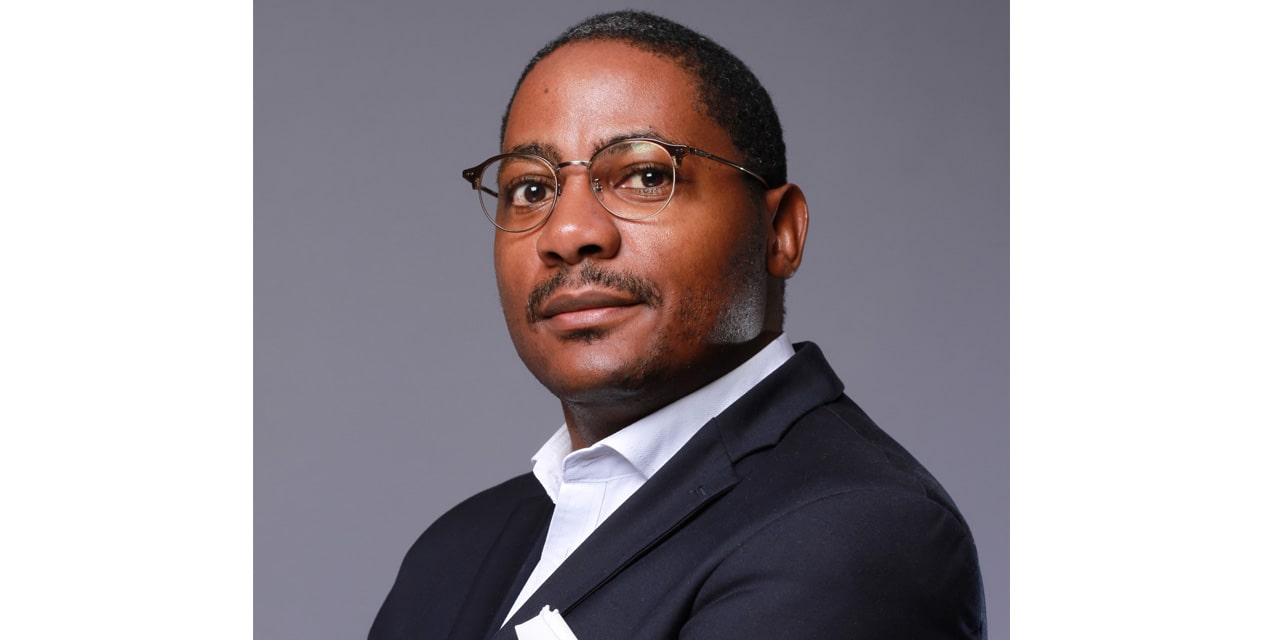Martin Hamukwaya
The Government Institutions Pension Fund (GIPF) has in recent years increased the shift and reliance in the use of information technology for our staff and members. When the COVID-19 pandemic reached Namibia and subsequently invoked the lockdown, it encouraged the use of many other effective ways the Fund can offer services to our members from the comfort of their homes.
This effectively changed the way we operate at GIPF, which now translated into “The New Normal”. The “New Normal”, provides our members with assurance that they will be attended to without necessarily having to visit any of the GIPF offices. The “New Normal” has a high dependency on the internet for our members, which brings along its own risks. One of the risks associated with this high internet dependency, is Cyber Security.
As we aim to reduce the further spread of the COVID-19, we encourage our members to make use of our online platforms such as the GIPF member portal, our regional call centre lines and regional emails addresses, to access our services. The Fund pleads with members to always remain vigilant when using our online platforms specifically, the member portal. We encourage members to keep their passwords private.
To ensure reliable and consistent access to our member portal, we advise our members to set up complex and lengthy passwords, which consists of at least 12 characters.
When creating your password consider the following:
• Do not use personal information
• Do not make your password easy to guess
• Do not write your password down
• Do not share your password
• Do not use alphabet sequence (abcdef…), number sequence (1234567) or keyboard sequence (asdfghjkl)
• Use a passphrase
• Make it something you can visualize
• Use a mixture of upper/lower case, numbers and special characters
We would like to further encourage our members to also be weary for the following:
1. Increased Phishing and Ransomware Attacks
Communication via emails has increased drastically during the pandemic and will continue to rise. Therefore, some people (hackers) with malicious intent also make use of this opportunity and sent out emails or direct messages to different social media platforms. These dishonest emails or direct messages often requires you to install an executable file that encrypts your data or prompts you to click on a link, which will further request you to provide more information about yourself. When you come across such emails, you are encouraged to scrutinise who the sender is, as well as the content. Should both the content and sender not be familiar to you, then delete the post immediately.
2. Free Public WiFi/Internet
Restaurants, malls, airports and other public places often provide “Free Wifi” to customers and users. These Free Wifi offerings are often not secured and come with the risk of being breached, as hackers know and sometimes see many people making use of their mobile devices. A few risks from the risks associated with using public hotspots are: Malware distribution, access to private information and unencrypted networks. We advise our members to try as much as possible not to use free public Wifi offerings as the security around it is not adequate to protect your device compared to what an organization would put in place.
Mark van Doren once said that the art of teaching is the art of assisting discovery. During this pandemic, lets discover a world where we can access GIPF services through technological tools put in place to mitigate the risk of contracting COVID-19.
*Martin Hamukwaya is a Information Systems Security Officer at the GIPF




